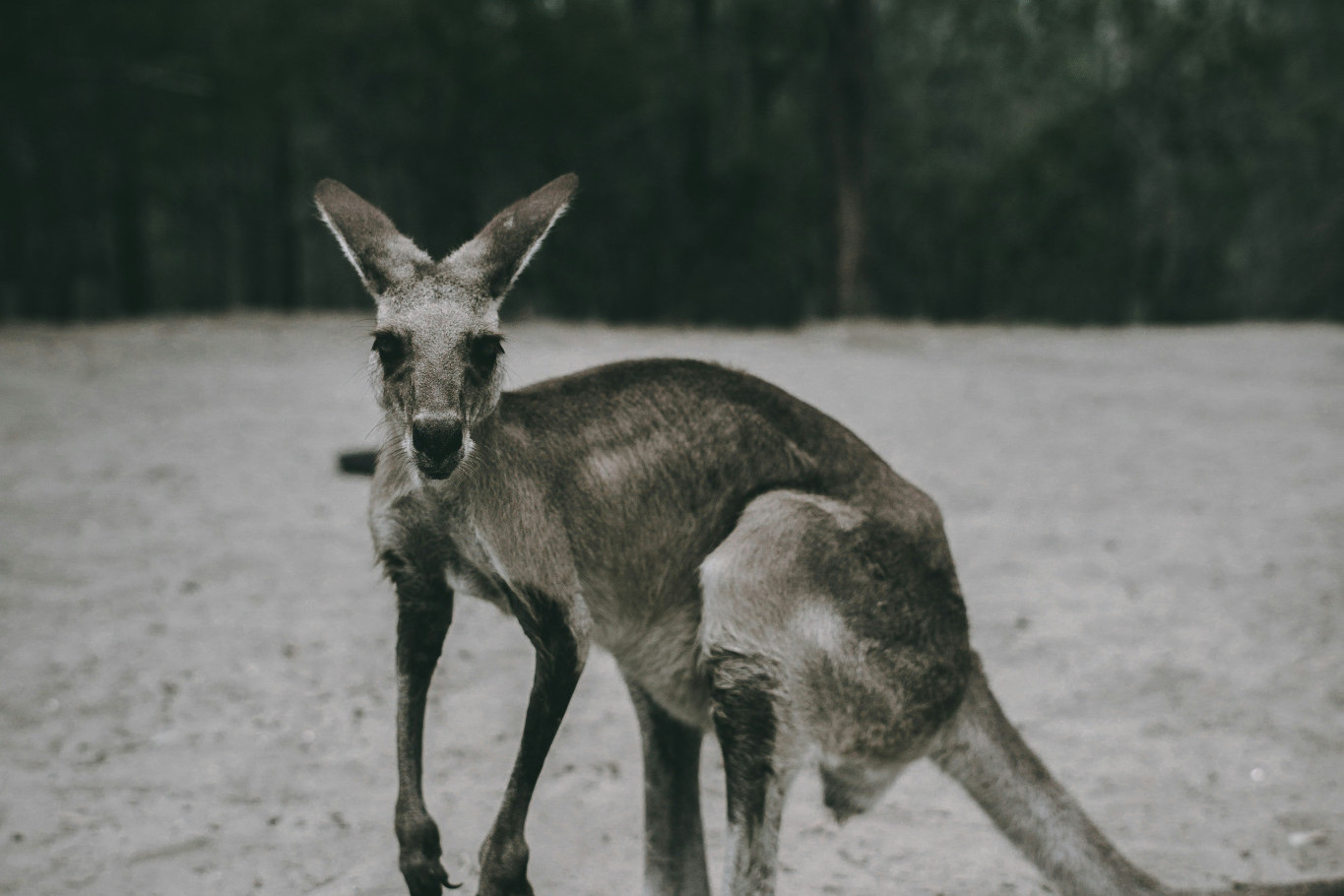General News
23 May, 2025
BARRY'S CORNER: Starving animals
While the wading and shorebirds are suffering from starvation and from eating plastic that fills the stomach and cannot be digested, some oceans have also been over fished and this makes the birds have to work harder for sustenance.

Plastic is literally everywhere and is a horrendous problem for us all.
Many of the larger land animals such as kangaroo, wallabies are struggling to find enough daily food.
Kangaroos make a sorry sight when they are lacking food, as you would expect.
The most common kangaroo in western Victoria is the black faced grey while to the east there is the Grey Kangaroo.
Both species make good use of our bush reserves and shelter when they find it.
Dry conditions are tolerable to a point but as the paddocks and districts become well eaten down the situation gets more desperate and the animals start to fail.
Every season as it dries the roos can contact a white eyed disease which makes them blind.
First to be noticed will be the stumbling gait and lack of purpose.
But the grey roo does not attempt to seek out greener pastures or water supply and they die gracefully and without ceremony, while the red roo to the north will travel considerable distances for water and grass.
Care should be taken on the roads for ailing roos blindly staggering along.
Already, there have been regular road kills on some of the roads I have travelled on.
Kangaroos are grass feeders and rely on a supply of growing green grass, while the wallaby is a browser and chews as high up as it can reach, like a pest hare.
But wallabies eat a lot of grass as well, and they seem stronger survivors than the larger roos.
There will probably be a reduction in numbers of roos about after winter but this is a natural event.
Nobody wants to have dead roos every where but if the season gets any tougher they will be nicking feed as the sheep get fed.
Most people allow some roos or wallabies around the paddock the problem starts when it is considered the numbers have grown too numerous.
Keep an eye out over the next few weeks and report excessive numbers and starving animals to the department.
These animals are familiar with harsh living conditions and have adapted.